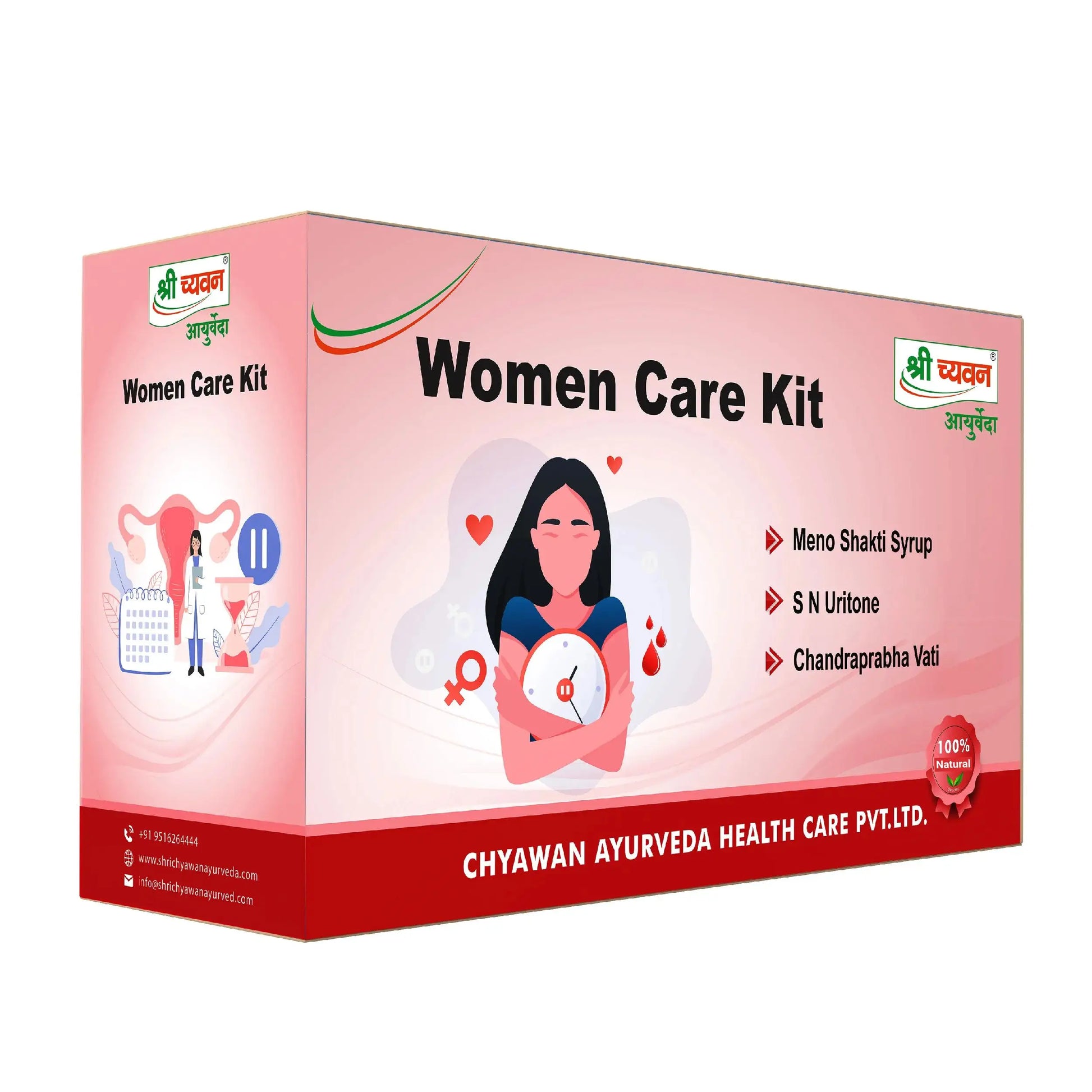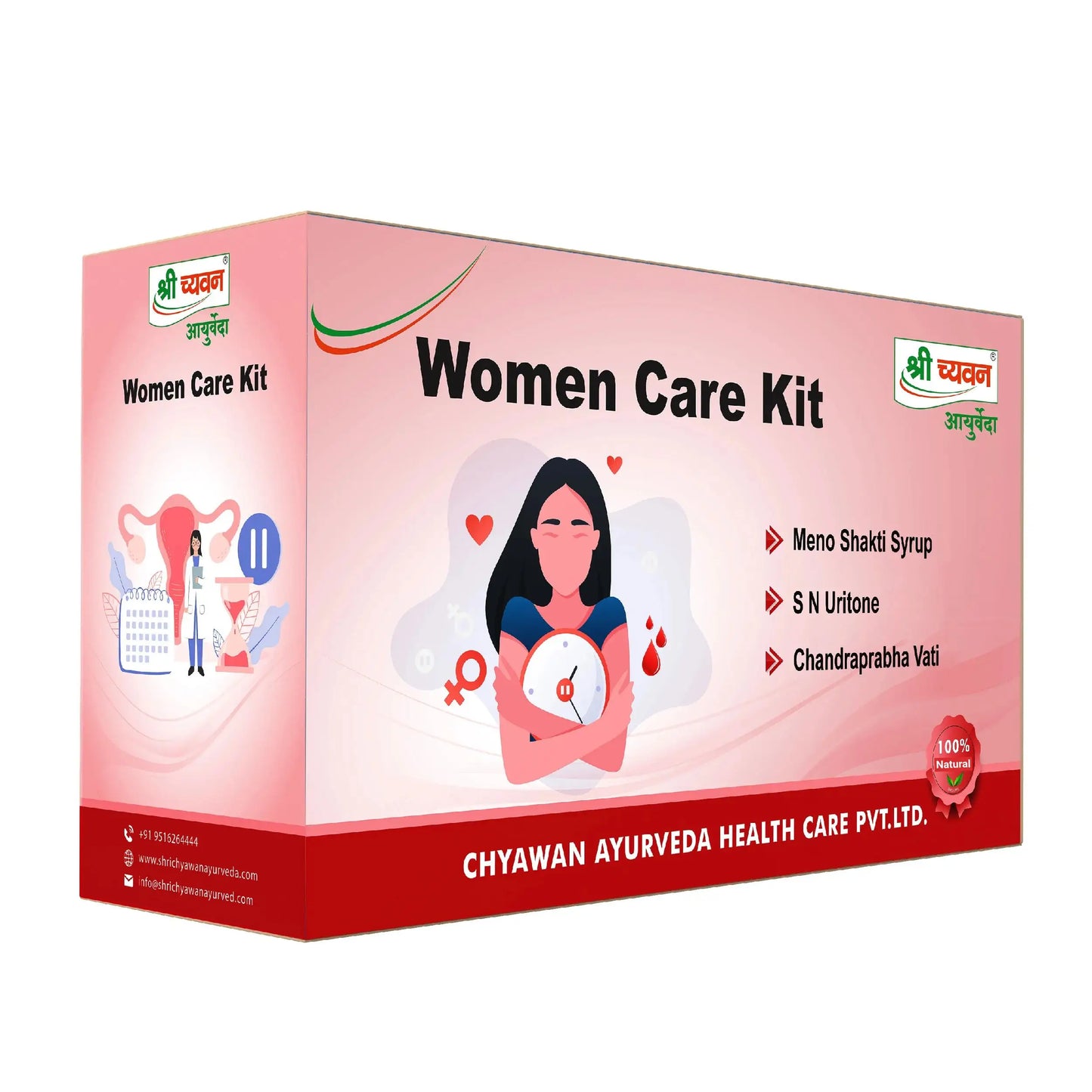Women's health is crucial, not just for individual well-being but for the health of families and communities as a whole. Yet, despite its importance, women's health faces several challenges.
Here's a deeper look at why women's health is a cause for concern:
- Biological Differences: Women experience unique health issues throughout their lives, from menstruation and pregnancy to menopause. These require specialized care and understanding.
- Historical Bias in Research: Historically, medical research has often focused on men's health, leading to a gap in knowledge about how diseases manifest differently in women. This can lead to misdiagnosis and inadequate treatment.
- Socioeconomic Factors: Poverty, lack of education, and unequal access to healthcare disproportionately affect women. This can lead to undernutrition, inadequate prenatal care, and higher risks of preventable diseases.
- Mental Health: Women are more likely than men to experience depression, anxiety, and eating disorders.
- Violence and Abuse: Physical, emotional, and sexual violence can have a devastating impact on women's physical and mental health.
Consequences of Neglecting Women's Health:
The consequences of neglecting women's health are far-reaching:
- Increased Maternal Mortality: When women lack access to quality prenatal care and skilled birth attendants, it leads to higher rates of maternal death and complications.
- Intergenerational Impact: A mother's health directly affects the health of her children. Poor maternal health can lead to low birth weight, malnutrition, and increased risk of childhood illnesses.
- Economic Burden: Women's health issues can lead to decreased productivity, higher healthcare costs, and lost income for families.
Why Addressing Women's Health Matters:
Investing in women's health is not just the right thing to do, it's economically smart:
- Empowered Women: Healthy women are more likely to be educated, employed, and contribute to the economic well-being of their families and communities.
- Stronger Families: When women are healthy, they can better care for themselves, their children, and their families.
- Reduced Healthcare Costs: Investing in preventative care and early detection of diseases can save money in the long run.
Moving Forward: Solutions and Advocacy:
There are many things we can do to improve women's health:
- Increase Funding for Research: More research is needed to understand women's specific health needs and develop effective treatments.
- Improve Access to Healthcare: Ensure all women have access to quality healthcare services, including preventative care, reproductive health services, and mental health services.
- Education and Awareness: Educate women about their health, encourage regular checkups, and raise awareness about the importance of women's health.
- Empowerment: Empower women to make informed decisions about their health and advocate for themselves.
Ayurvedic Treatment for Leucorrhoea / Likoria:
Ayurveda, an ancient Indian system of medicine, offers natural remedies and approaches to manage various health conditions, including leucorrhoea. It is important to emphasize that while Ayurveda provides holistic and natural methods to alleviate symptoms, it should complement rather than replace conventional medical treatments, especially in cases involving underlying infections or serious conditions.
Our Ayurvedic experts have developed a specialized remedy for Leucorrhoea - the Women Care Kit. This kit combines natural and Ayurvedic ingredients, ensuring both efficacy and safety. It is specifically designed to address symptoms such as irregular periods, menopausal discomfort, menstrual pain, and excessive white discharge, with proven results.
FAQ on Women's Health:
- Q: What are some common health problems faced by women?
- A: These include urinary tract infections, heart disease, breast cancer, cervical cancer, osteoporosis, and mental health issues.
- Q: What are some important things women can do to stay healthy?
- A: Maintain a healthy diet, exercise regularly, get enough sleep, manage stress, schedule regular checkups, and don't hesitate to discuss any health concerns with a doctor.
- Q: What are the specific nutritional requirements of women?
- A: Women require unique nutritional support due to factors such as menstruation, pregnancy, breastfeeding, and menopause. Essential nutrients for women include iron, calcium, vitamin D, folic acid, and omega-3 fatty acids, crucial for maintaining blood health, bone density, fetal development, and cardiovascular function.
- Q: How do multivitamins contribute to women's health?
- A: Multivitamins play a vital role in addressing nutritional deficiencies that diet alone may not cover. They deliver essential vitamins and minerals that support energy metabolism, immune resilience, bone strength, skin elasticity, hair health, and hormonal equilibrium. By filling nutrient gaps, multivitamins help women maintain overall well-being and optimal health.










